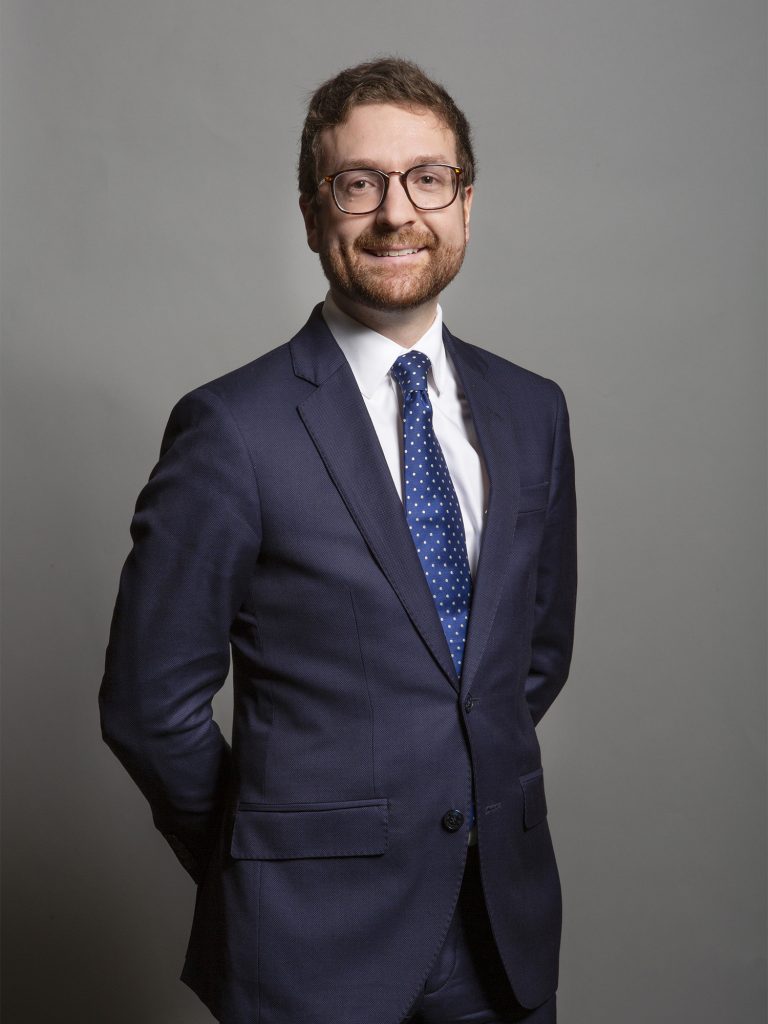
Alexander Stafford
Alexander Stafford is MP for Rother Valley and has expressed his passion for the area’s communities and rich heritage. Alexander is committed to supporting the NHS, where his brother and mother-in-law both work, and is dedicated to supporting teaching and further education throughout his constituency. Alexander believes there are huge opportunities to level up communities throughout Rother Valley, including through effective investments in local transport links and community assets.
Alexander is a member of the Business, Energy and Industrial Strategy Committee and believes investment in green growth can unlock Rother Valley’s potential. A committed environmental advocate, he has previously worked in the energy industry, focusing on sustainability and the future of mobility, before moving on to work for the WWF on international environmental issues. Alexander is currently working with others from Parliament, academia, and business to promote a national hydrogen strategy – helping to support this key green growth industry.
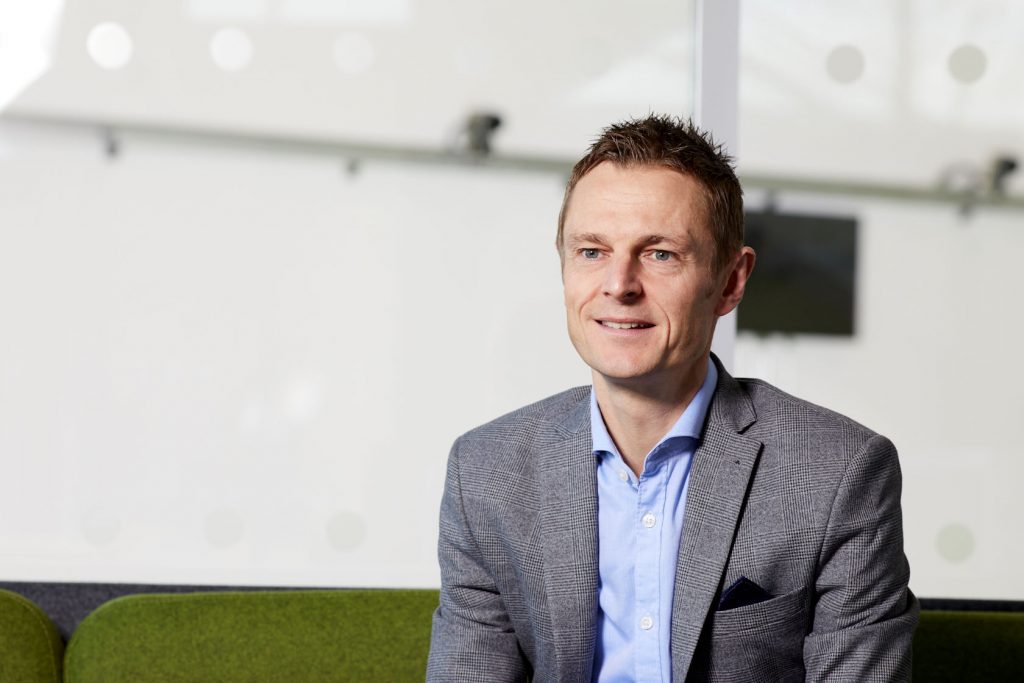
Professor Robert Copeland
Rob is Director of the Advanced Wellbeing Research Centre, National Centre for Sport and Exercise Medicine in Sheffield and Professor of Physical Activity and Health at Sheffield Hallam University. A Chartered Sport and Exercise Psychologist with the British Psychological Society, Rob’s research focuses on supporting people and populations to change behaviour and increase physical activity. Rob has worked internationally to drive change across health systems and in multiple clinical and non-clinical populations. Rob continues to be fascinated by how to create the conditions to make it easier for people to move more and can most likely be found on his bike in the peak district.
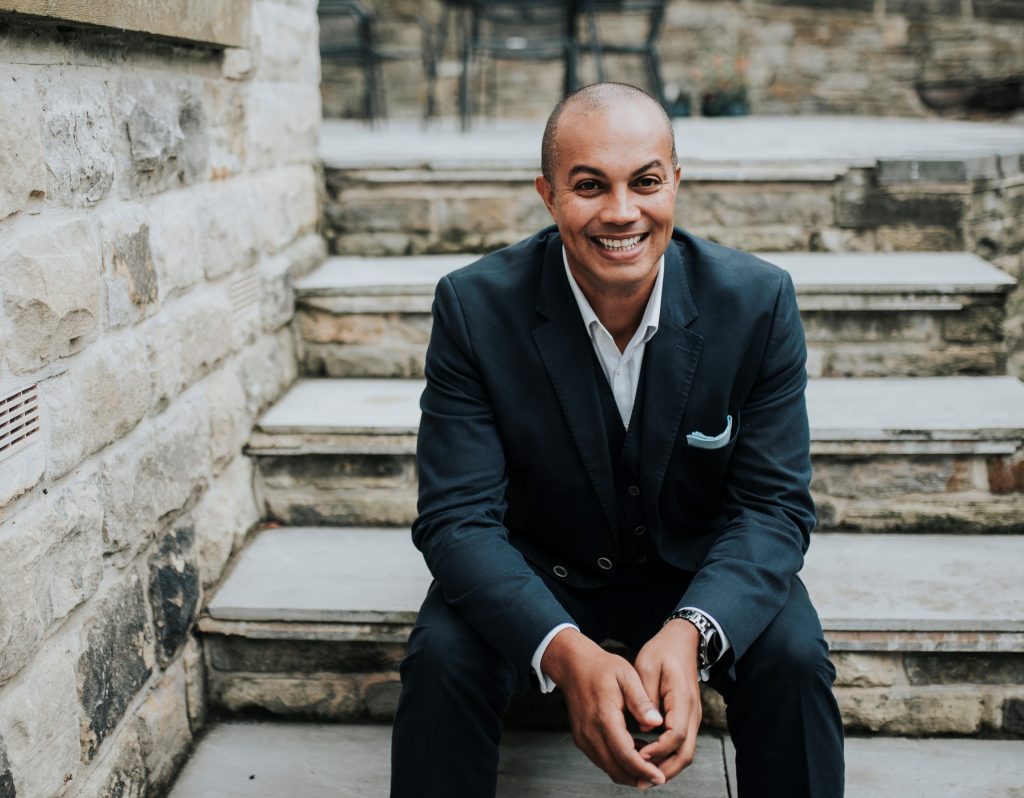
Richard Stubbs
Richard is the Chief Executive Officer of Yorkshire & Humber AHSN, an organisation that connects health systems, academic organisations, local authorities, the third sector and industry to facilitate change across whole health and social care economies. The organisation has a clear focus on driving the spread and adoption of health innovation, increasing economic growth and improving outcomes for patients. Prior to becoming Chief Executive Richard was the AHSN’s Commercial Director providing executive leadership on all commercial, innovation and wealth creation objectives… Full biog below.
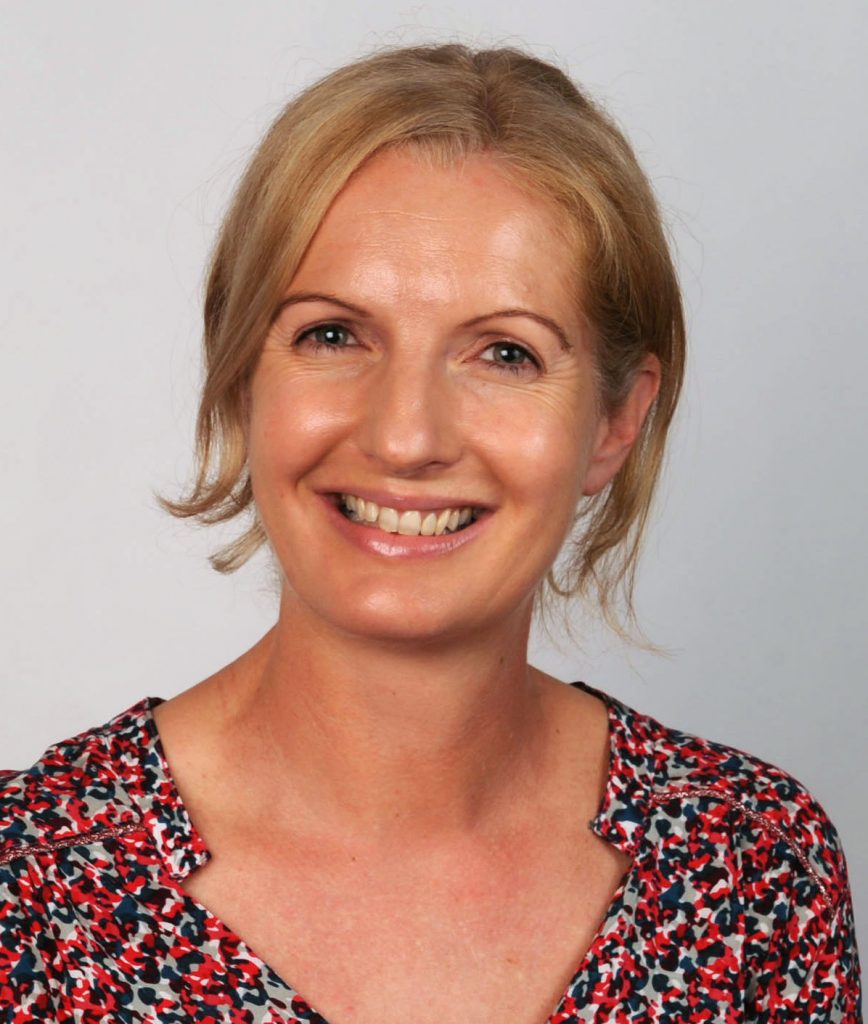
Dr Anna Lowe
Anna is Programme Manager at the National Centre for Sport and Exercise Medicine-Sheffield and an Associate Professor at Sheffield Hallam University. She is a Chartered Physiotherapist with a special interest in physical activity and healthy ageing & she worked in the NHS for many years. This was followed by policy roles at Public Health England and NHS England. Anna now leads a number of large physical activity research projects alongside overseeing Sheffield’s Physical Activity Strategy ‘Move More’.
@annalowephysio
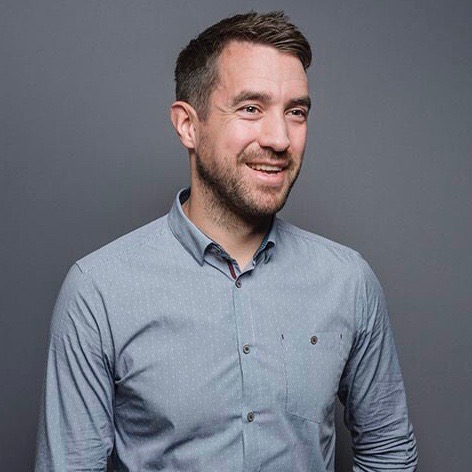
Dr Marcus Dunn
Marcus is a Research Fellow in Sports Engineering and Biomechanics, in the Sports Engineering Research Group. His research focuses on applied measurement solutions to advance understanding of human movement in real-world settings. His PhD research (sponsored by the International Tennis Federation) developed a markerless (non-invasive) video system to measure tennis player step and movement strategy during match-play, to advance understanding of tennis movement and player injury risk. Dr Dunn’s research continues to address applied measurement problems for international sports governing bodies, elite sports, sports infrastructure companies, sportswear companies and local NHS Health Trusts. Recently, Dr Dunn’s research has addressed biomechanical analysis for field- and clinic-based applications using consumer technologies. This addresses a vast growth in technologies capable of complex movement analyses but limited by a lack of applied techniques and evidence. Based on this work, Dr Dunn was identified by the SETsquared partnership (funded by Innovate UK) as a future academic leader, conducting commercialisable research.

Professor Charmaine Childs
Professor of Clinical Science, College of Health Wellbeing and Life Sciences. Charmaine obtained her bachelor’s degree (Nursing) with professional qualifications from the University of Manchester, Master of Philosophy (Child Health and Physiology) from University of Nottingham and PhD (Medicine), University of Manchester. Research positions include: Scientist, Medical Research Council (1996-2000), Senior Research Fellow, School of Medicine, University of Manchester (2000-2009) and Associate Professor, Yong Loo Lin School of Medicine, National University of Singapore (2009-2013), returning to the UK and her current appointment in June 2013…

Professor Heidi Probst
Heidi qualified as a Therapeutic Radiographer in 1987 from the London Hospital, Whitechapel (UK), and worked for the NHS for 14 years where her specialist area was pre-treatment imaging. Heidi started her PhD while a clinical radiographer in Leeds, she was awarded a fellowship from the Department of Health to complete her PhD qualifying in 2002. Heidi joined Sheffield Hallam University as a senior lecturer in 2001, was appointed Reader in Radiotherapy in 2013 and Professor of Radiotherapy and Oncology in June 2015. Heidi is currently the Director of the Health Research Institute at Sheffield Hallam University. Heidi is the founder and chair of the Breast Radiotherapy Interest Group (BRIG), a professional group for Therapeutic Radiographers (Radiation Therapists) and dosimetrists specialising in radiotherapy for breast cancer that has over 150 members. Heidi is also chief investigator for two radiotherapy breast cancer studies: The SuPPORT 4 All (S4A) study and the Respire project.
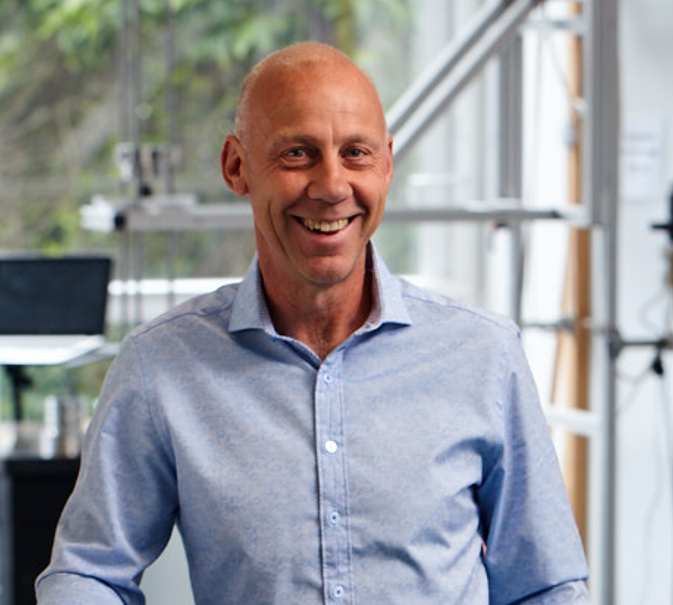
Terry Senior
Terry has vast experience as a mechanical engineer. He has worked in research and development for over 30 years – including more than 20 years in a university environment. Originally toolroom trained, he has a broad skill set that encompasses design and manufacture of prototypes, including test rigs and protocols for bespoke product validation. He is involved in the design and manufacture of systems directly derived from University research. Terry also works with numerous sport governing bodies to design systems that measure compliance. A large part of his work outside the Accelerator programme is supporting GB Olympic teams by delivering technologies that improve performance.

Professor Christine Le Maitre
Christine is an internationally renowned scientist with over 20.4 million in grant income and >85 publications to date with expertise in several multidisciplinary fields, a current H index of 37 and i10 index 62, with >6,700 citations on her publications to date. She is a Professor of Cell Biology and Tissue Regeneration and leads the Tissue Engineering and Biomechanics research group in the BMRC. Her main focus is investigating the cellular pathogenesis of, and developing novel therapies for musculoskeletal conditions, in particularly intervertebral disc degeneration and its links to low back pain, osteoarthritis and bone physiology, working in close collaboration with relevant clinical partners. With a particular interest in the interaction of cells, biomechanics and matrix biology. Passionate about collaboration Christine works together with groups worldwide to build an improved understanding of musculoskeletal conditions and develop novel therapies with the hope to provide a cure one day.
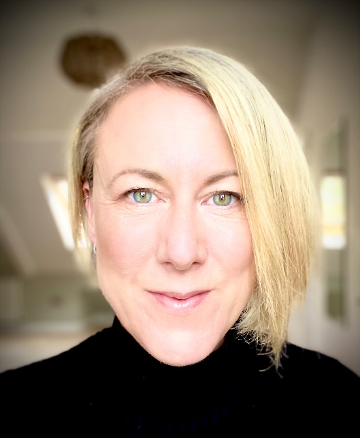
Professor Madelynne Arden
Madelynne Arden is Professor of Health Psychology and Director of the Centre for Behavioural Science and Applied Psychology (CeBSAP) at Sheffield Hallam University. She is a Chartered Psychologist, a full member of the DHP, a Registered Health Psychologist (HCPC) and Fellow of the Academic of Social Science. Maddy is co-editor of the British Journal of Health Psychology. Her research focuses on using theory and evidence to develop and evaluate behaviour change interventions across a range of health domains including physical activity, smoking, alcohol use, and adherence to medication. She is director of the Behavioural Science Consortium which provides expertise to government on the application of behavioural science to public policy issues. She is co-chair of the Yorkshire and Humber Behavioural Science in Public Health Hub. Her research has received over £3 million in funding from sources including NIHR, Public Health England, and the Wellcome Trust.
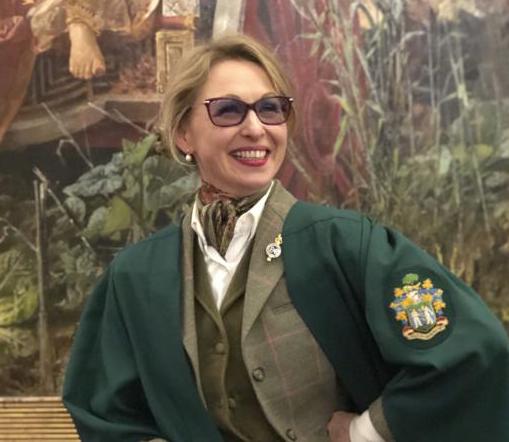
Jurga Zilinskiene MBE
‘Our time on earth is short and there’s so much needs to be done, so get moving!’ says Jurga Zilinskiene. People know Jurga is a businesswoman in a hurry. Named among 8 women who made history in the technology world, she’s the first Lithuanian woman to be honoured by Queen Elizabeth with membership of the MBE for International Trade. Jurga founded Guildhawk in 2001, initially as a translation company, while she was studying at university. The company has since become a Queen’s Award-winning, tech-led language consultancy that develops software and systems to make complex things simple for customers across the globe, including big names such as Sony Pictures and Mitsubishi. Partnering with Sheffield Hallam University and Innovate UK, the company is developing a brand new software, and was selected for the UK Government’s Scale-up programme for fast growth. A blue collar bootstrapper, Jurga used her own money to grow the business from zero into a global operation that provides work for hundreds of people. Reinvesting profits into people and innovation, she’s not afraid to roll up her sleeves. When she couldn’t find the right software to manage her operations, she hired tutors to teach her to code, then personally led the development of Guildhawk’s technologies, which are now valued at several million pounds. Jurga is passionate about helping young entrepreneurs to succeed, and in addition to building technologies to support – not replace – people, she is planting a historic orchard and has co-founded a song company.

Professor Hora Soltani
PhD, MmedSci, BSc, RM, PGDip, PGCert, MBE Hora leads the Maternal and Infant Health Research (MIHR) theme which includes several interdisciplinary researchers and PhD students in Sheffield Hallam University. With over 100 peer reviewed scholarly full publications and a similar number of conference presentations; she is an internationally recognised figure in her area of research (2.4 fold higher impact than average for her field, according to SciVal; Field Adjusted Impact). she has been a Section Editor/Senior Editorial Board Member for journals (e.g. BMC Pregnancy & Childbirth) and an expert advisor for organisations such as WHO and Public Health England. Her research is of a collaborative nature, focusing on care models reducing health inequalities for mothers and babies from the most disadvantaged and vulnerable backgrounds specifically related to maternal nutrition and obesity, infant feeding, perinatal mental health, adolescent pregnancy and migration. Hora was awarded an MBE in the Queen’s new year honour list (Dec 2020) for her services to higher education and impact on maternal and infant health, guiding maternity policy development at national and international levels.
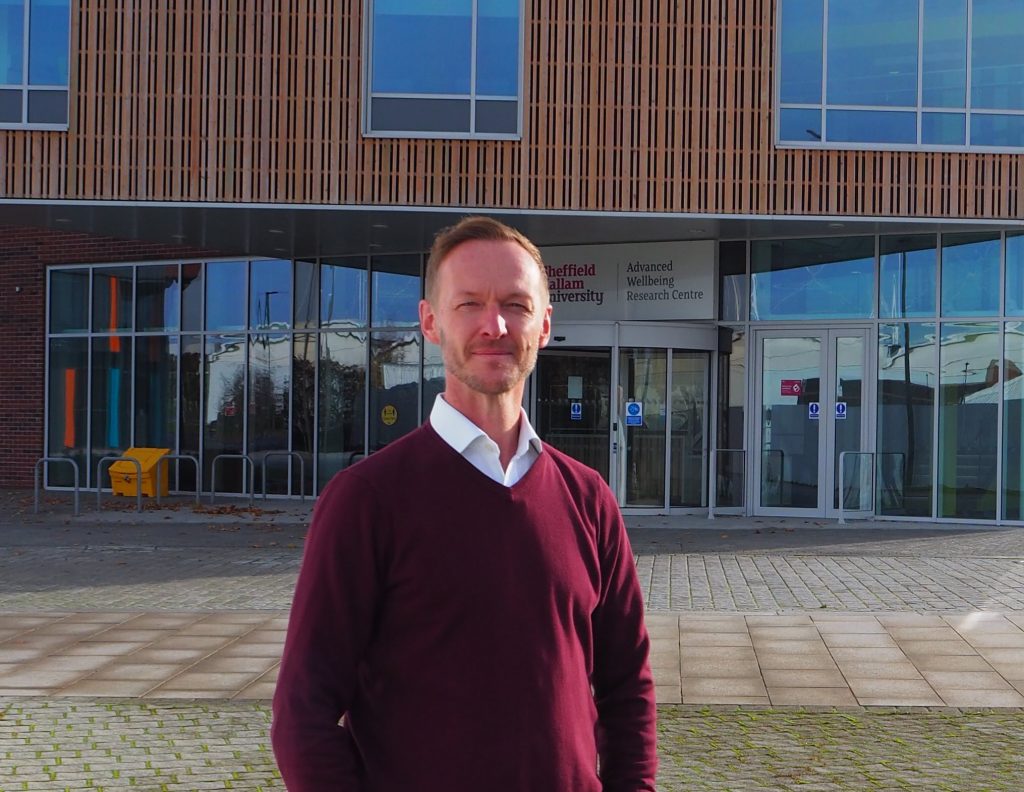
Jason Brannan
Chart. PR, MCIPR, Dip CIPR, MIoD. Deputy Director, Advanced Wellbeing Research Centre. Jason has over 20 years direct experience in supporting businesses of all sizes in the development and adoption of their technologies to support healthcare, working across primary, secondary and private healthcare, the private and the public sector, encompassing regional, national and international experience. At an organisation wide level within the AWRC Jason has responsibility for strategy and strategic implementation, including the delivery of the R&D for Business pillar, with a particular interest in engaging research across the wider organisation (university), to ensure holistic delivery to business in supporting mission based strategic and operational road maps.
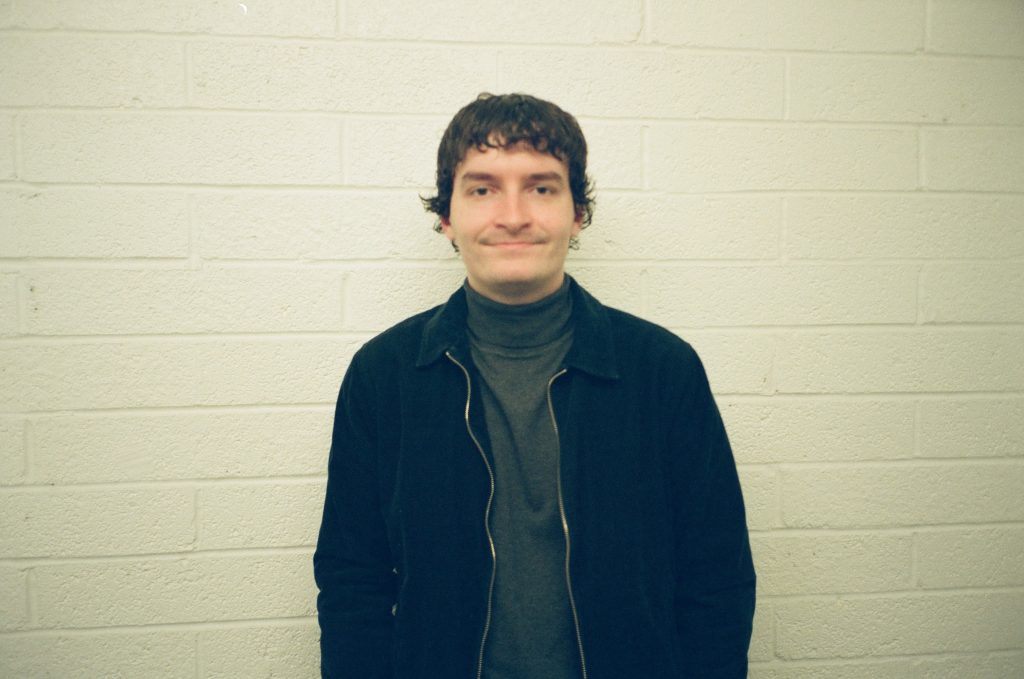
Benjamin Archer
Benjamin Archer is a Lecturer in Law and SIPS-funded PhD student at Sheffield Hallam University. His doctoral research focuses on the introduction of anti-social behaviour measures against public spaces, and his further research interests include the future of high streets and greenspaces. He has worked with partners on research, including Sheffield City Council, and is currently working as part of the ‘Creating thriving high streets following Covid-19’ research team.
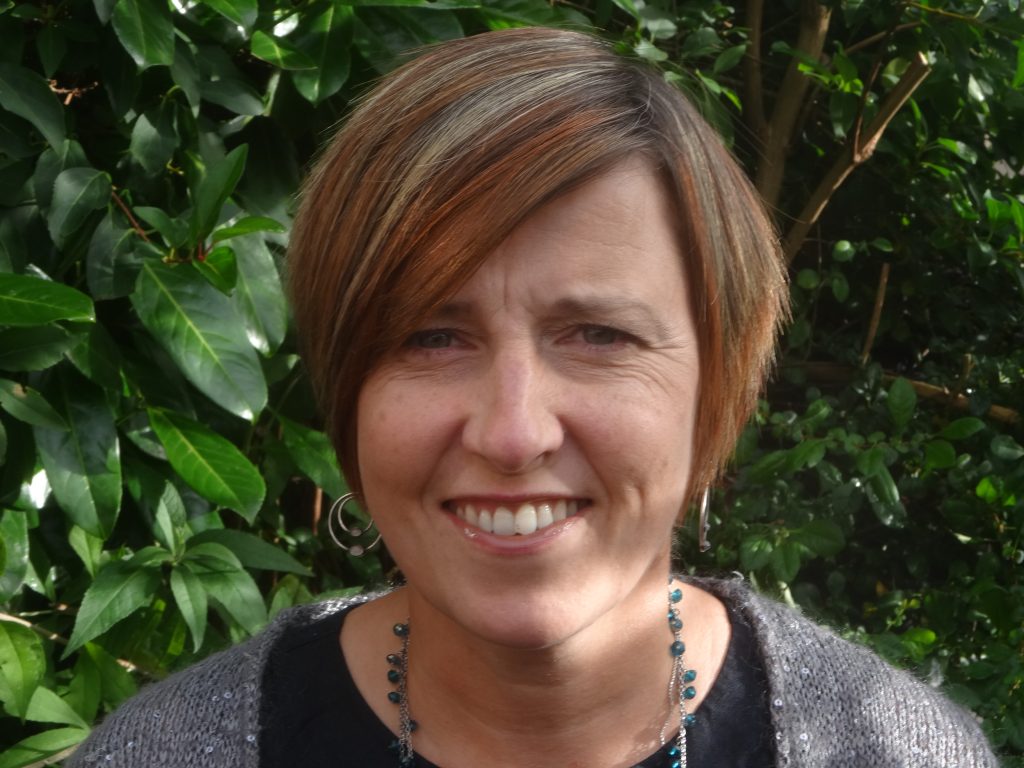
Christina Beatty
Christina Beatty is a Professor of Applied Economic Geography at Centre for Regional Economic and Social Research (CRESR). She has approaching 30 years’ experience of undertaking applied policy research for a variety of national, regional and local organisations. Much of her work explores the long-term dynamics of labour markets and the intersection of welfare, labour market and housing policy. She is particularly interested in how this plays out in different types of places and economic contexts such as older industrial Britain, former coalfield areas, seaside towns and cities.

Alexandra Anderson
Dr Alexandra Anderson is Principal Lecturer in the Department of Management and a member of the international business subject group. She has held senior commercial positions and her principal role at Sheffield Hallam University is Employer Engagement leading on initiatives to support SMEs including the Small Business Leadership Programme and Help to Grow. International entrepreneurship is her main area of research and she has undertaken commissioned research projects on supporting SMEs to internationalise. She has designed a range of innovative curriculum projects to support graduate entrepreneurs in the development of their own new ventures. Her teaching interests include enterprise education, international entrepreneurship, global supply chain management and consultancy skills.
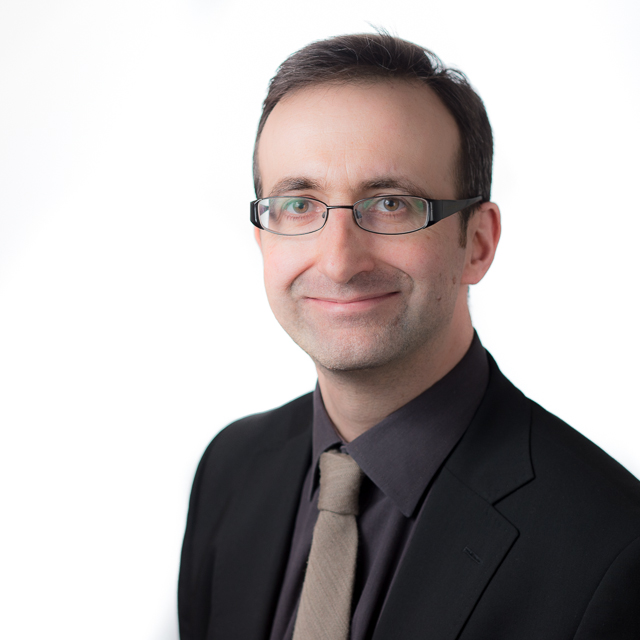
Peter Wells
Peter Wells is professor of Public Policy Analysis and Evaluation in the Centre for Regional Economic and Social Research (CRESR) and the Associate Dean for Research and Innovation in the College of Social Sciences and Arts at Sheffield Hallam University. He has extensive experience of research on urban and regional issues, specifically in project and programme evaluation, community involvement, community economic development, the funding of the voluntary and community sector including social investment, local government, Structural Funds and EU regional policy. He has led major programme evaluations including the evaluation of the National Lottery’s £108 million Talent Match Youth Employment Programme. Peter has worked in an expert advisory capacity in a range of contexts including: being a member of the MHCLG Local Government Research Expert Panel (2008-10); providing peer review support to the Meta Evaluation of London 2012; as a member of the DECC evaluation panel; and being on advisory groups for the European Commisson and EU Committee of the Regions. He is a senior fellow of the ESRC Peer Review College and has undertaken peer review activities for research investment in Norway, Portugal and Ireland. Most recently he led the development of the Sheffield Employment and Skills Strategy.
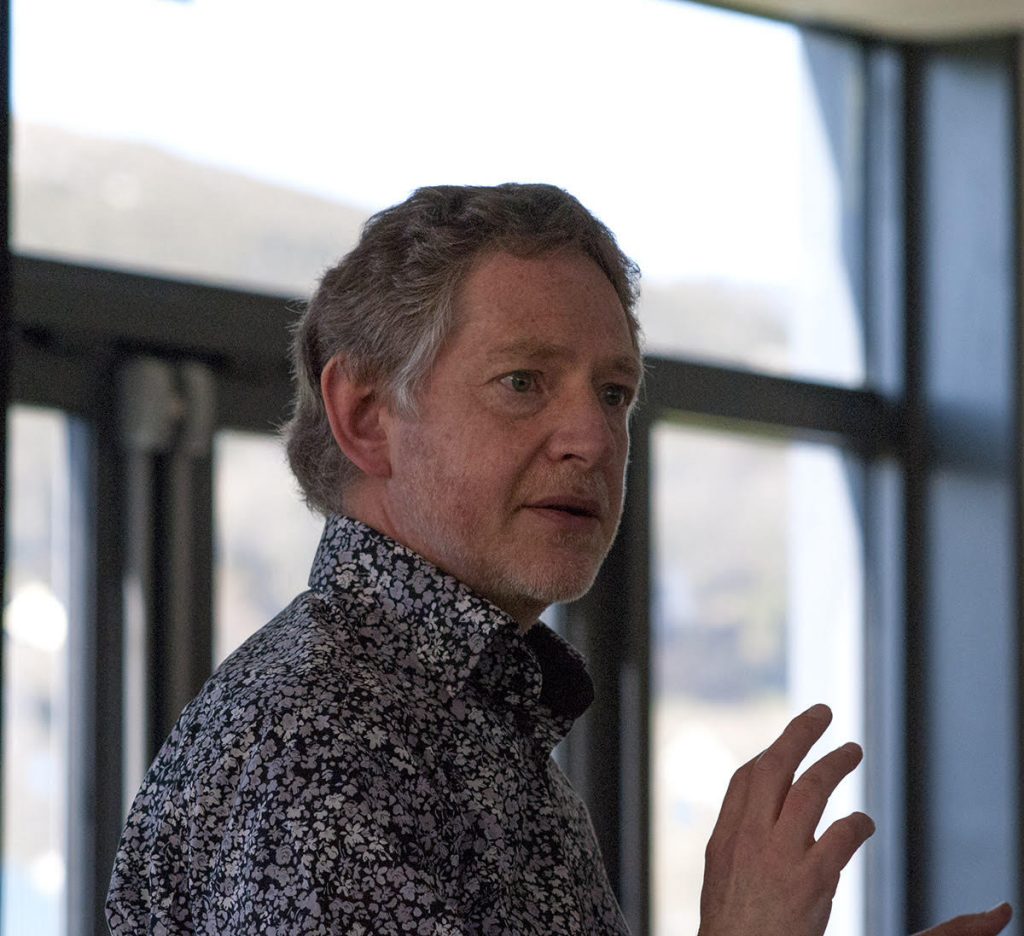
Julian Dobson
Julian is a researcher and writer with a broad interest in place and society, and a particular focus on the complex systemic changes required to achieve environmentally and socially just approaches to urban life. His research expertise is in social and economic regeneration, urban greenspace, town and city centres and the role of the voluntary and community sector. He is especially interested in how and why change happens and the role of evidence in shaping policy and practice. Julian joined CRESR as senior research fellow in 2020. With a previous career in journalism and consultancy before moving into academia, he has given evidence to parliamentary inquiries, written for a wide range of academic and general audiences, and spoken at national and international conferences. He is author of How to Save Our Town Centres (Policy Press, 2015) and was the founding editor of the regeneration magazine New Start. His PhD at CRESR focused on institutional change and sustainability transitions.
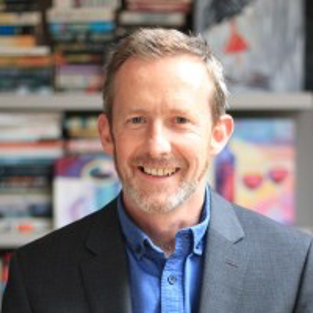
Wayne Cranton
Professor Wayne Cranton is Dean of Research at Sheffield Hallam University. His research is concerned with the study of thin film materials for electronic and photonic devices including light emitting, photovoltaic and sensor devices. This has involved collaborative applied research programmes on the deposition and processing of phosphors, dielectrics, and metal oxide semiconductors, with emphasis on the localised photonic processing of materials for low temperature functionalisation. His research into light emission for visual displays underpins his module on `Vibrations, Waves and Optics’ as part of the Physics degree programme at SHU.

John McNamara
John is a Master Inventor at the IBM Hursley Laboratory and leads IBM UK University Programs. Prior to this, John was an international consultant focusing on Mainframe based Integration technologies in industries ranging from Defence to Finance. More recently John was the Lead Technologist in the IBM Hursley Innovation Centre, specialising in IoT, Cloud and AI technologies. John is also an Advanced Visiting Research Fellow at the University of Sheffield, Visiting Research Fellow at the University of Portsmouth and is delighted to be an Honorary Professor at Sheffield Hallam University.
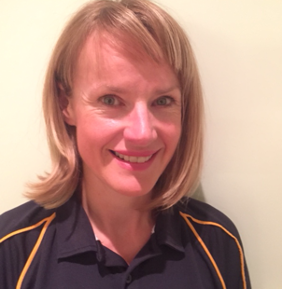
Rachel Young
Rachel is an experienced neurological physiotherapist with a specific interest in assisted exercise for people with complex physical impairment. Rachel is co-lead for the Neurological Rehabilitation Research and Innovation Programme at the Advanced Wellbeing Research Centre and is passionate about supporting the transition from health care rehabilitation into community-based venues to optimise long term participation and physical wellbeing for the neurological population. She is currently completing a programme of doctoral study focussed on power assisted exercise following stroke. The field of research has established the feasibility of power assisted exercise amongst clinical populations and explored the lived experience of engagement with the equipment by people with stroke. Co-design methods have been applied to digitalise the assisted exercise equipment and newly prototyped machines have been evaluated by people with stroke.
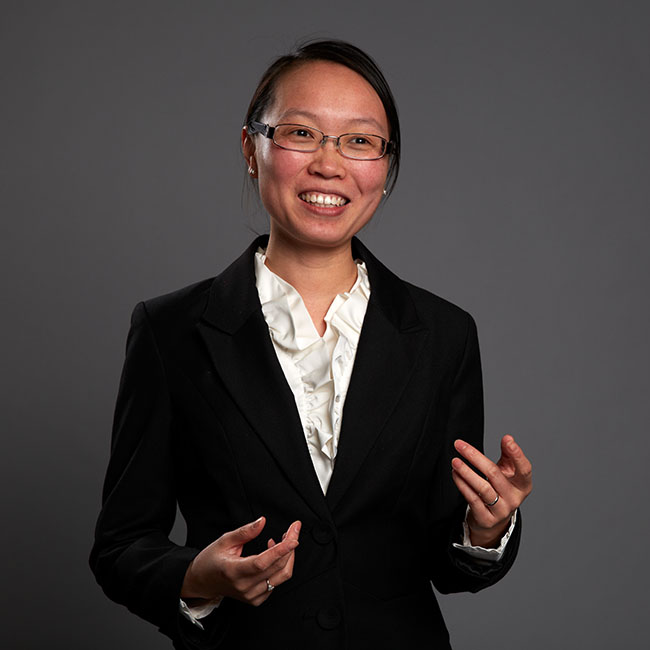
Xu Xu
Xu Xu obtained her BEng degree in Automation from Xidian University, China, an MSc in Control Systems Engineering (with Distinction) and a PhD in nonlinear systems and cellular maps, both in the University of Sheffield (UoS), UK. She worked as a Postdoctoral Researcher at UoS, followed by the positions of Lecturer, Senior Lecturer and now Reader at Sheffield Hallam University, UK. She has been a Course Leader for MSc Automation, Control and Robotics between 2016 and 2019 and a Postgraduate Research Tutor for the Materials and Engineering Research Institute & the Department of Engineering and Mathematics since October 2019. Her current research interests include nonlinear control techniques and related control engineering applications, cellular automata, swarm robotics, and multi-component lattice Boltzmann fluid dynamics simulations. She has over 30 peer-reviewed full research publications in these areas, mostly as the lead and/or corresponding author.
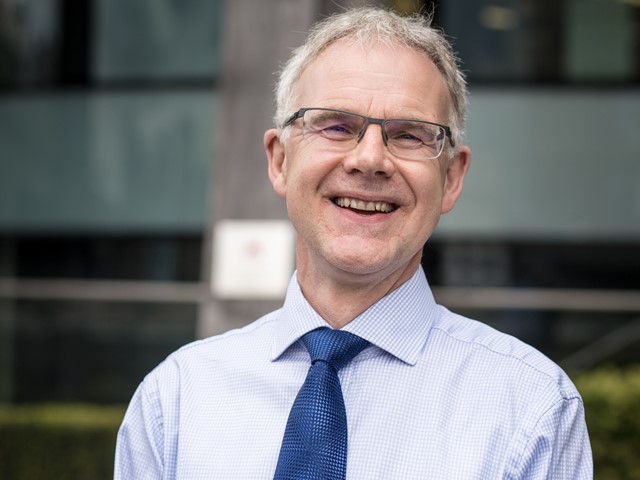
Professor Martin Howarth
Martin is Professor of Food Engineering and Director of the National Centre of Excellence for Food Engineering (NCEFE) at Sheffield Hallam University (SHU). NCEFE is a collaborative hub for research and innovation between industry and academia, addressing food processing and manufacturing challenges faced by the sector. With funding of £10.5m from HEFCE, ERDF and the Sheffield City Region to support new facilities, and £8.1m in research income, NCEFE is helping to realise the food industry’s and the Government’s ambitious visions for growth. NCEFE works with the Food and Drink Federation, the National Skills Academy for Food and Drink, and many key food and drink sector companies. NCEFE’s collaborative projects investigate and provide solutions to engineering challenges from developing new processes, driving energy efficiency and utilising novel processing techniques to address the demand for healthy foods. Previously, Martin was Head of Department for Engineering and Mathematics at SHU. He gained his Robotics PhD from Nottingham Trent University, and is a Chartered Engineer and a member of the Institution of Engineering and Technology.

Amanda Johnston
The Innovation Manager for the National Centre of Excellence for Food Engineering (NCEFE) at Sheffield Hallam University. NCEFE’s mission is to drive vitality, sustainability and growth in the UK and global food systems, working with partners through research and innovation. Its aim is to deliver world-class capability, innovative sustainable food systems, technology-led solutions and food and drink sector competitiveness.This is done by harnessing research and innovation excellence across a variety of academic disciplines. NCEFE engages and collaborates with industry, sector and academic partners at regional, national and global levels to generate sustainable innovative solutions to real-world problems.Research and innovation activities are organised into four impact themes:Food system sustainability Feeding a growing population sustainably. Healthier lives. Digital connectivity and technology. We deliver excellence in the education and training of the next generation of innovators in the field of engineering for the food system. Amanda combines experience from working in the UK food and drink manufacturing industry with building collaborations with external partners in the higher education sector. She brokers collaborations and sources funding for research activities which deliver impact for the global food system.
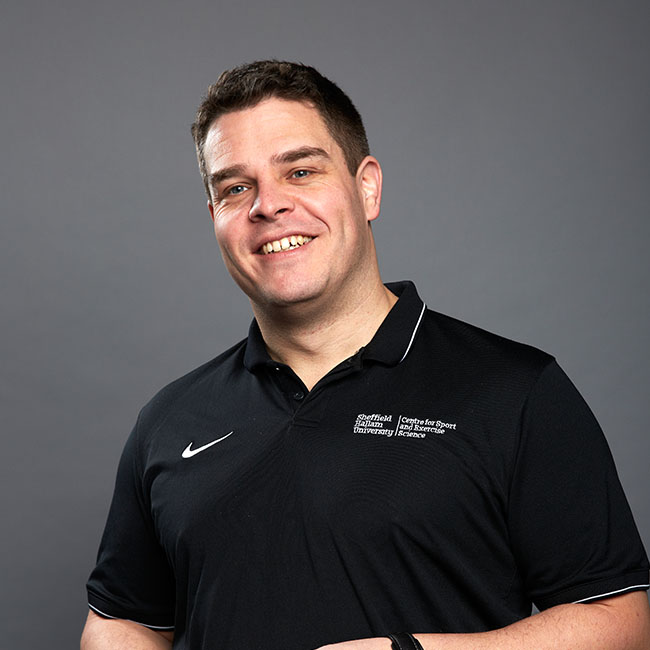
Tim Vernon
I am senior research fellow and lead of the Sport and Human Performance Research Group (S&HP). My main areas of research include applied sport biomechanics and the measurement of physical activity in children and young people. I have been a researcher at Sheffield Hallam University since 2001 and am now senior research Fellow and lead of the Sport and Human Performance Research Group (S&HP) in the Sport and Physical Activity Research Centre (SPARC). Initially my work focussed on sport biomechanics and in particular the mechanics of the golf swing, where I used 3D motion capture to measure and analyse the golf swings of some of the World’s best golfers. This included working with European Tour, Ryder Cup, Challenge Tour, LPGA players and including 2016 Masters Championship winner Danny Willett. Outside of golf, I have worked with a variety of athletes from many sports including Diving, Football, Rugby League and Figure Skating and have led and delivered research and consultancy projects for various high profile clients including The Consumer Association, Adidas TaylorMade, The Football Association and UK Sport.
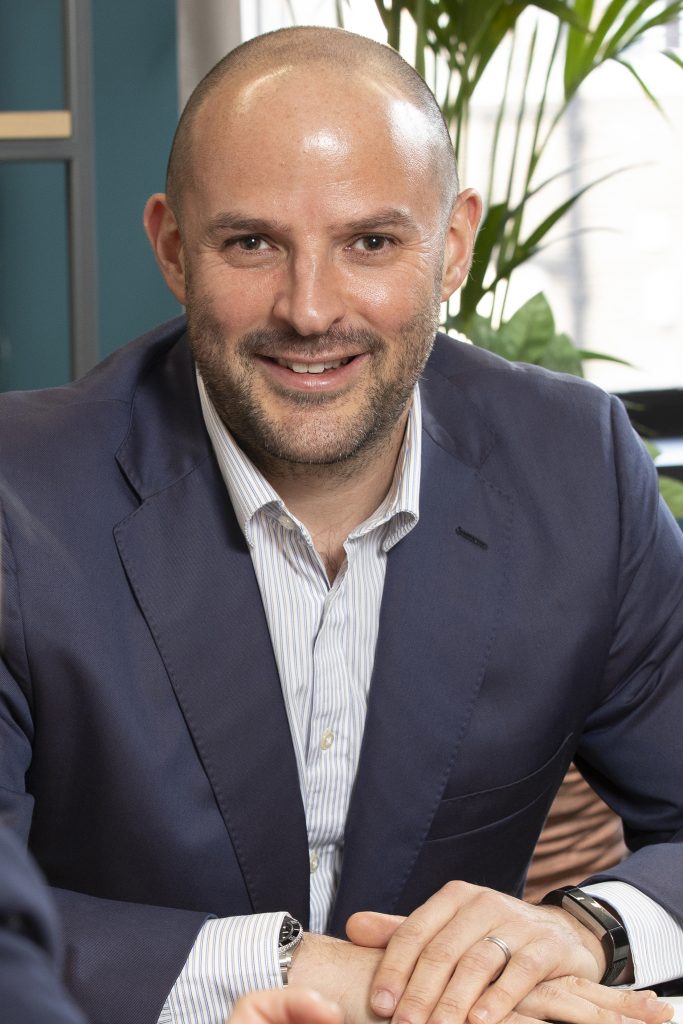
Alexis Krachai
Interim Executive Director. Alexis is currently Managing Director of Counter Context. The company is a leading communications and public affairs company that specialises in helping clients to consult, engage and promote. Our work builds understanding and trust in organisations, ideas and projects.Alexis has spent the last 15 years working in communications, stakeholder engagement, community consultation and public policy research. He has considerable experience of designing and delivering comprehensive communications and engagement programmes on behalf of government agencies and private companies. His experience extends across a broad range of policy areas including corporate communications, residential development, commercial development, transport, energy generation and infrastructure.Alexis helped found the Sheffield Property Association (S-PA). It’s the only formally constituted property association outside of London. Alexis has helped spearhead the growth of this organisation, building relationships with industry professionals to achieve the S-PA’s long-term goals of informing policymakers, promoting investment and driving economic prosperity across Sheffield. In the two years since it was founded, the S-PA has gained over 70 members which, between them, represent £4 billion worth of assets in Sheffield and are responsible for 22,700 jobs in the city region.
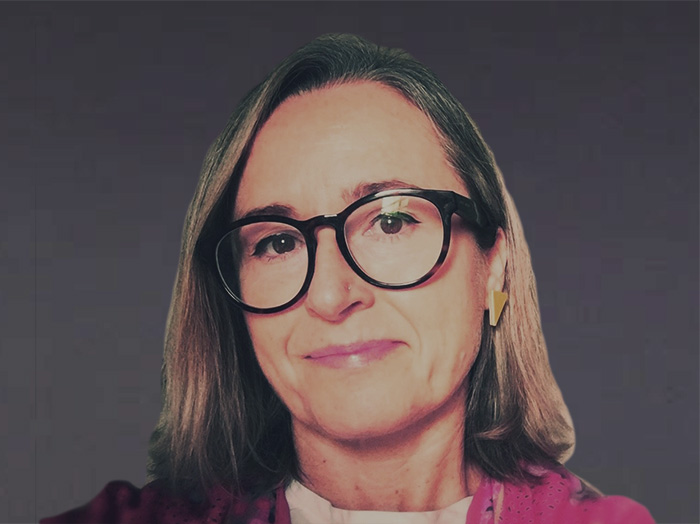
Dr Lisa Mooney
Pro Vice-Chancellor for Research and Innovation
Dr Lisa Mooney has worked in Higher Education for over 30 years, where she has worked at the interface between interdisciplinary scholarship and business. She has a background in fine art and critical theory, but is best known for her work on the study of collaborative research practices and interdisciplinary research methodology. Her current work explores how traditional arts and humanities disciplines might be better enabled to interact with the new demands of the knowledge engagement environment, and particularly how academic institutional practices enhance or inhibit these types of interactions. She is currently Pro Vice-Chancellor for Research and Innovation, with responsibility for research and knowledge exchange senior portfolios. She is actively involved in both national and international networks concerned with raising the impact and profile of the arts and humanities, and regularly writes on the shifts and changes brought about by collaborative research practices in academia and industry.
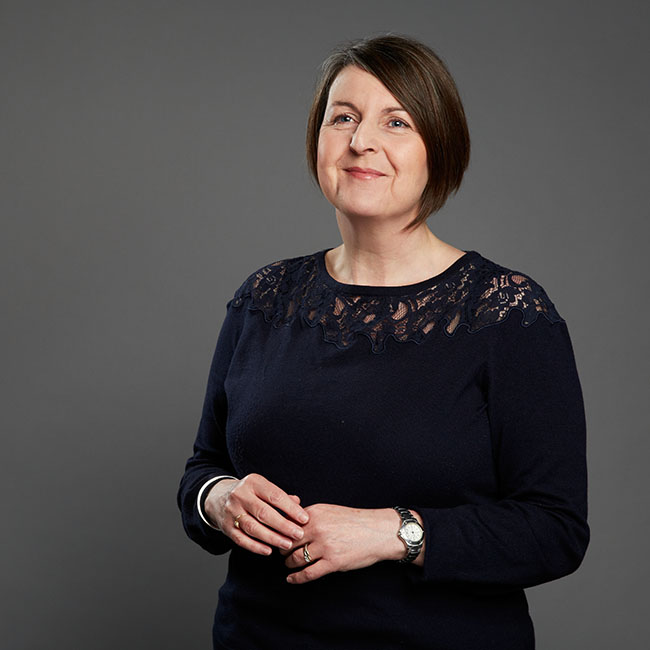
Sarah Pearson BA, MA
Director of the Social & Economic Research Institute and Principal Research Fellow in CRESR (Centre for Regional Economic and Social Research)
Sarah is an expert in project and programme evaluation and has particular interests in identifying the impact of complex interventions; neighbourhood and community regeneration; community engagement; and the voluntary and community sector. Sarah is currently leading a number of studies which focus on innovative and robust approaches to identifying impact. These include a partnership with Doncaster council and evaluate a programme of services aimed at building community capacity and promoting independence and prevention in adult social care; an impact study of Holocaust Memorial Day; and an evaluation and learning contract for Making it Work, a Big Lottery Fund Scotland programme which is supporting lone parents into employment.

Vincent Traynor
As a leadership development specialist, I steer, design and deliver major regional and national programmes that drive productivity, resilience and economic growth. My work integrates 4 areas of practice: 1/ Educational Programme Design I design and deliver high–quality executive education and postgraduate programmes that enhance work-based learning, leadership practice and organisational outcomes. I am a Senior Fellow of the Higher Education Academy. My applied research examines how participants’ engagement and learning is enhanced through the use of applied learning (pedagogic) approaches. 2/ Executive Coach, Team Coach and Organisation Consultant With over 1000 hours of practice, I am one of the most qualified, accredited and experienced coach / consultants in the UK. I am a graduate of the Tavistock Institute and accredited as a Global Master Practitioner Executive Coach with the EMCC professional coaching body. My principle orientations are Gestalt and system psycho-dynamics.3/ Supervisor of Professional Practice I help other practitioners to improve the quality of their work and their professional development. I hold accreditation as a Global Coach Supervisor (ESIA) with the EMCC.4/ Standards Development I am an advisor to the EMCC professional body, for example, in relation to the development and implementation of their global standards for Team Coaching.

Sally Beken
Passionate about zero waste particularly with respect to plastics and polymers. With over 30 years experience in research, innovation and collaboration my expertise is to make powerful connections. I founded and run the UK Circular Plastics Network and am a NED at innovative packaging company Magical Mushroom Co.
As Innovation Lead at Innovate UK I helped shape the Sustainable Smart Plastic Packaging Challenge, a £60m fund to shape and support the innovative UK materials, packaging and waste communities to reduce persistent plastic waste in the environment which I still deliver at KTN.
I’ve also been a freelance polymer consultant focussing on polymer technology and worked in the medical sector reformulating elastomeric seal formulations patented for use in asthma inhalers to mitigate aerosol depletion of the Ozone layer.
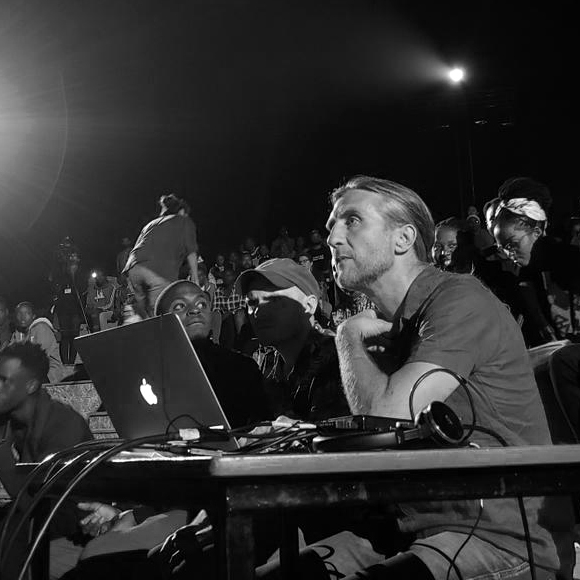
David Cotterrell
David Cotterrell is an academic and artist. David works internationally and regularly collaborates with multidisciplinary teams of academics, civil servants, activists and practitioners to realise art, advocacy and social research projects. David’s work spans galleries, architecture and the public realm. He has realised over 105 exhibitions or public artworks, 40 publications and 75 papers and public lectures in the UK, North America, Europe, Middle East and Asia. He has been a consultant to strategic masterplans, and has developed cultural and public art policy within the UK and overseas.David has worked in conflicted landscapes and considered the ethical and practical challenges of humanitarian and military engagement at sites of tension around the world including Palestine, Tunisia, Pakistan, Afghanistan and other regional conflicted contexts. He currently leads Empathy & Risk, an artist-led interdisciplinary initiative addressing issues of system failure in contexts of contemporary global crises. In recent years this curatorial platform has staged exhibitions, conferences and publications in Rwanda, Sri Lanka, Mexico and is currently collaborating with the Imperial War Museum with a focus on Libya.David is Research Professor in Fine Art, and Director of the Culture & Creativity Research Institute at Sheffield Hallam University. He is a recipient of the Philip Leverhulme Prize and represented by Danielle Arnaud contemporary art.
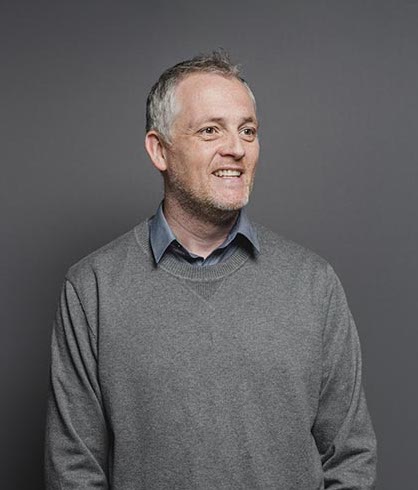
John Kirby
Creative Director, Design FuturesPackaging. John Kirkby is a creative designer and currently leads the packaging team at Sheffield Hallam University’s commercial design consultancy, Design Futures. Design Futures is a commercially-focused product and packaging design consultancy group based within the University, applying different perspectives in an inclusive and multidisciplinary approach, harnessing the role of design to support product, packaging and design strategies.The majority of John’s time is spent working on commercial design projects for a wide range of companies at local, national and international levels. John’s clients are typically major brand owners, retailers and packaging manufacturers. John also supports research and teaching within Sheffield Hallam and is an active researcher specialising in packaging and its impact on both consumers and the environment. John is particularly interested in research work involving creating new designs and studying the impact they have. John studied design as a student in both Leeds and Sheffield and held design jobs in the commercial sector before joining Sheffield Hallam.In his role with Design Futures John has put together an award-winning packaging design team that is unique in the commercial sector, pulling together a range of experienced packaging professionals from industry to create a full packaging design service independent of manufacture. Design Futures Packaging has won ‘Design Team of the Year’ four times in the last six years at the UK Packaging Awards and also ‘Resource Efficient Pack of the Year’ in 2020.

Laura Clarke
Laura Clarke is Arts Catalyst’s Artistic Director and Joint CEO. Prior to her appointment at Arts Catalyst she was Curator at S1 Artspace in Sheffield (2017-19). Previously, she held curatorial positions at the Hayward Gallery, Barbican Centre, and Nottingham Contemporary. She holds an MA in Curating Contemporary Art from the Royal College of Art, and has a background in Fine Art. She is also a founding member of Basic Channel, a collaborative itinerant curatorial platform supporting artistic research. She has given talks, led workshops and tutored at various institutions including Royal College of Art, Goldsmiths University of London, University of Lincoln and University of Huddersfield, where she was previously Associate Lecturer in Contemporary Fine Art. Her curatorial interests and research focuses on ecological and pedagogical modes of organising, and the critical potential of collective research and experimentation.
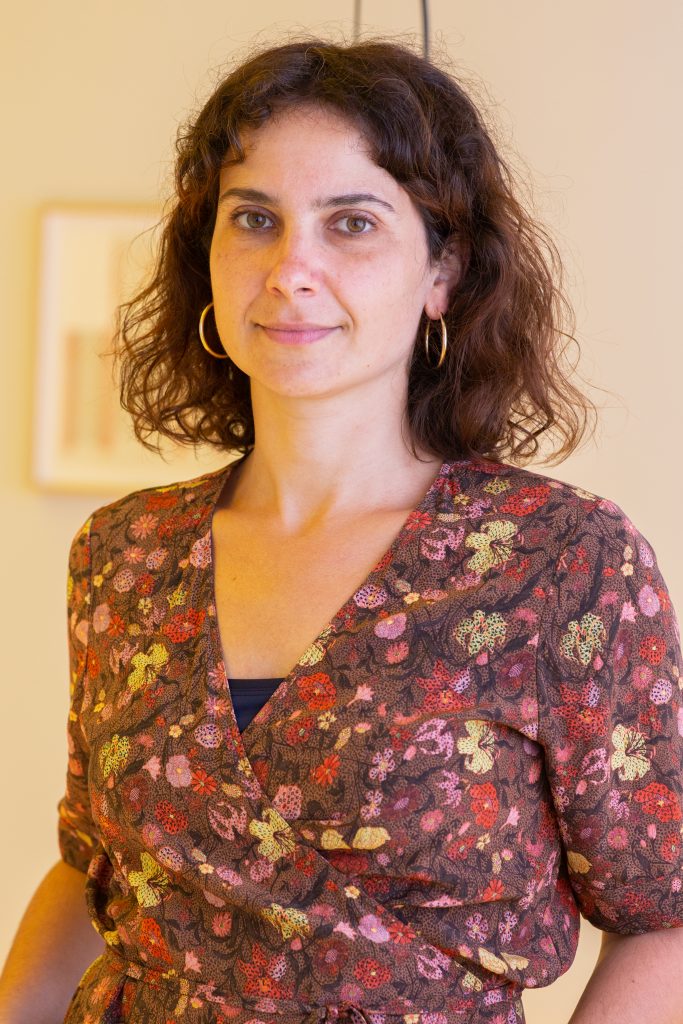
Anna Santomauro
Anna Santomauro is curator, educator and researcher in micropolitics and socially engaged art. She joined Arts Catalyst as Curator in 2017. In 2011, Santomauro co-founded Vessel in Bari, Italy, a non-profit arts organisation dedicated to public programming in relation to contemporary social, political, and economic issues. In 2015-2016, Santomauro was ESP and Public Programmer at Eastside Projects (Birmingham), and in 2018 she was Curator in Residence at Grand Union (Birmingham), where she co-curated the public programme Voz Rara. She has developed several projects and curated multiple exhibitions such as The Pacifist Library – Sarajevo, a project by Valentina Curandi and Nathaniel Katz (2013); Giant Step, a collaboration between Vessel and the Van Abbemuseum, Mostyn Gallery, and Galeria Labirynt (2012); For an Ecology of the Museum at the Museum of Villa Croce in Genoa, Italy (2012).In 2013, Santomauro was one of the recipients of the ICI/Dedalus Research Award. She attended several curatorial courses such as GBICC 2012 organised by the Gwangju Biennial, ICA Summer Seminar in Yerevan (Armenia), ICI – Independent Curators International Seminar in Istanbul, and is a member of IKT. She has lectured, given talks, tutored and led workshops in several institutions, including: CCS Bard College (NYC), Piet Zwart Institute (Rotterdam), Newcastle University, Salt Galata (Istanbul), University of Cambridge, La Casa Encendida (Madrid). She is a PhD candidate at the University of Wolverhampton (UK).

Heath Reed
Heath is practicing Industrial Designer, Design Researcher and product innovator working with Sheffield Hallam University’s (SHU) Lab4Living (L4L). He came to Industrial Design relatively late in his career after employment in a range of creative and technical disciplines. He has since delivered and managed industry and research funded design projects progressing to hold the posts of Principal Industrial Designer and Principal Research Fellow. Heath now specialises in interdisciplinary projects and co-design, working with users, the physical and social sciences to help unpick and resolve sometimes complex challenges to bring about new methods and products with societal value. Passionate about applied research and committed to design, a prime and longstanding motivation is how we capitalise on these forms of creativity, and designs role and value in these contexts. Heath has a track record as an innovator being named on a portfolio of intellectual property, has accrued a number of design awards, publications, exhibitions, and conferences. He works as design strategist and practitioner, runs a small creative and technical team and regularly engages in teaching practice through the university’s internship programmes and taught design modules.
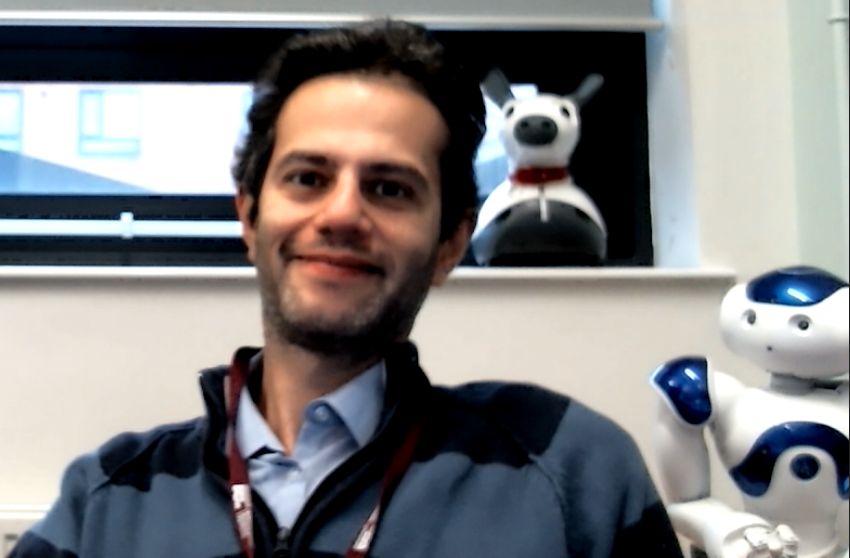
Alessandro Di Nuovo
is Professor of Machine Intelligence at Sheffield Hallam University, and Research Lead of Technological and Digital Innovation for promoting independent lives at the Advanced Wellbeing Research Centre. Prof. Di Nuovo has published over 100 scientific outputs and he has received over £1 million in funding for interdisciplinary research and innovation in fundamental and applied topics in AI and Robotics. Currently, Prof. Di Nuovo is a lead scientist of the H2020 MSCA-ITN European Training Network on PErsonalized Robotics as SErvice Oriented applications (PERSEO, 2021-2024), a multidisciplinary project to train a cohort of outstanding doctoral candidates to be the new generation of interdisciplinary researchers and professionals for the forthcoming market of personal robots. Prof. Di Nuovo is also a co-investigator of the EPSRC NetworkPlus EMERGENCE (2021-24) that aims at facilitating the Emergence of Healthcare Robots from Labs into Service for tackling frailty in older people. He is also working on developing a Cognitive Assessment Through Human-robot Interaction (CATHI), the project has received IBM donations and technical support.Prof. Di Nuovo is the Editor-in-Chief of the International Journal of Advanced Robotic Systems, published by SAGE.

Dr Sarah Fidment
is Associate Professor of Leadership and Subject Group Leader and Principal Lecturer in Organisational Behaviour and Human Resource Management in the Sheffield Business School. She teaches in the subjects of leadership and change and strategic people management on UG and PG Apprenticeships and Executive Education and is a Fellow of the Higher Education Academy, holds a MSc in Leadership and Management and a Doctorate of Business Administration in Executive Leadership Development. She was the External academic advisor for the L7 Senior Leader Postgraduate Apprenticeship Standard (SLMDA) Trailblazer Group and the External academic advisor for the L5 Operations/Departmental Manager Apprenticeship Standard. She is an active board member of the International Journal for Human Resource Development and her research interests are in the Embodiment of Leadership. Having led on over 50+ Leadership Development Interventions working with executive and mid-level leaders across a broad range of sectors she has over 15+ years in programme design, development and delivery. Her clients have included: SIG PLc, Tesco, The Post Office, The Co-operative Group, The NHS, Nestle, Morrison’s, Hovis, the Sheffield City Region and The Department for International Development.
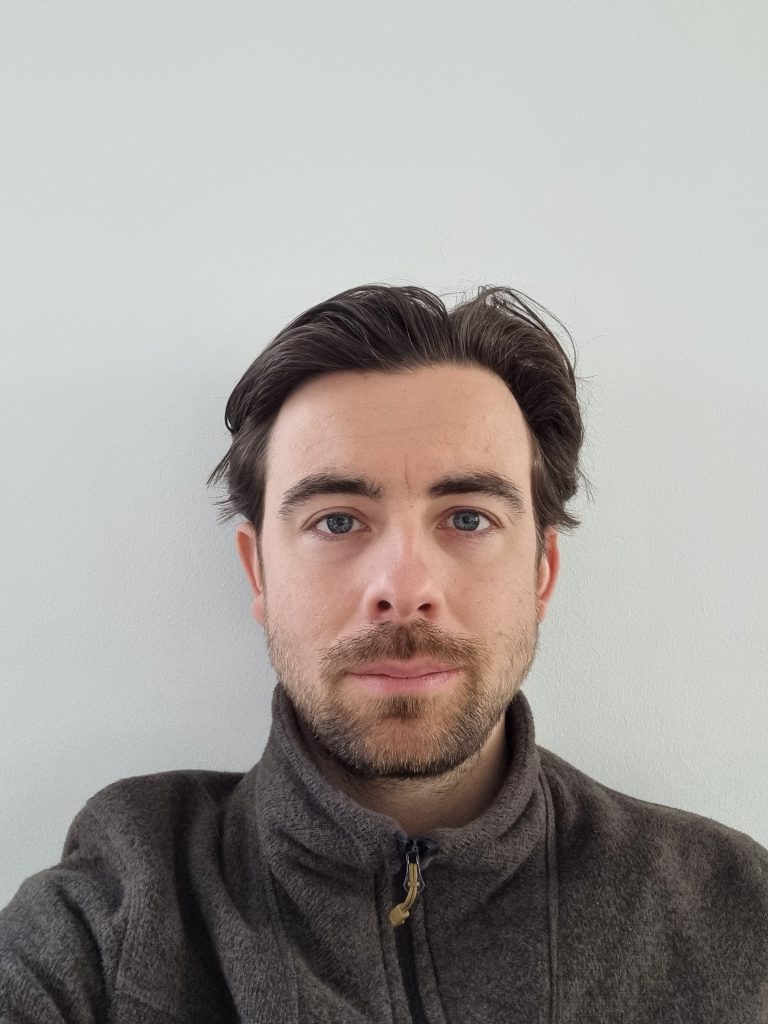
Joseph Chambers
Joseph Chambers is a Research Associate at the Centre for Regional Economic and Social Research, Sheffield Hallam University. Joe’s research is primarily concerned with the consequences of digitalisation on societies in the Global North and South. His research comprises of three main components: the smartening of infrastructural networks, the changing nature of digital and social exclusion and technology’s role within sustainable transitions. Joe currently leads on work exploring urban digital strategies in light of Covid-19 and digital exclusion within the energy sector.

Will Eadson
Will Eadson is a Reader in Urban Sustainability Policy at the Centre for Regional Economic and Social Research (CRESR), Sheffield Hallam University. His research interests focus on governance and economic development in sustainability transitions, with particular interest in understanding social and spatial inequalities. He has led research on these themes for a variety of research funders, government departments, national charities and local and regional government. He is currently leading a programme of research focusing on the intersection of evolving energy technology supply chains and place, considering how people and places are affected by, respond to, and shape these changes. Will is also editor of Geography Compass journal, Director of the White Rose Doctoral Training Partnership Cities pathway, and Chair of the Regional Studies Association Yorkshire and Humber branch.
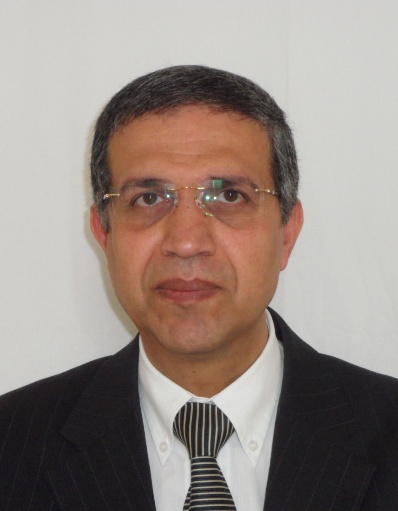
Professor Dr Sameh Saad
BSc (Hon), MSc, PhD, CEng, MIET, PGCHE, FHEA, FCILT. Sameh is the professor of Enterprise Modelling and Management, the Head of Integrated Manufacturing and Supply Network Research Group, the Director of SAP Next-Gen and Integrated Manufacturing and MSc/MBA Course Leader for MSc Logistics and Supply Chain Management and MBA Industrial Management courses at Sheffield Hallam University. His areas of expertise include smart manufacturing systems, integration of SAP and Industry 4.0, fractal supply network, lean and six-sigma, sustainable supply chain and green manufacturing, enterprise modelling, planning and optimisation, design and analysis of advanced manufacturing systems, technology roadmapping and application of blockchain in the supply chain.Sameh has led several high-profile research and consultancy programmes in collaboration with leading industrial organisations in the UK such as BAE SYSTEMS, Rolls Royce, Doncaster Bramah, Boots, Siemens and Dowty Group in the USA.He has published over 150 articles in various national, and international academic journals and conferences, including keynote addresses a book and four patents. He also received the Emerald Award of Excellence twice for some of his publications.
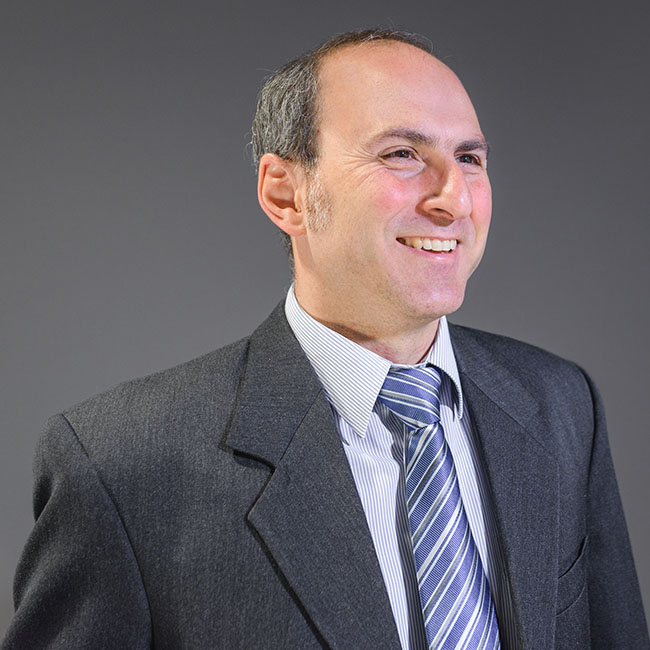
Professor Arutiun P Ehiasarian
Professor Arutiun Ehiasarian is the Head of the National HIPIMS Technology Centre – UK and Director of the Joint SHU-Fraunhofer IST HIPIMS Research Centre opened in 2010. Arutiun is one of the pioneers of high power impulse magnetron sputtering (HIPIMS) technology and created one of the first digital twins of the plasma physical vapour deposition process for Ionbond. His research concentrates on the development of plasma PVD technologies to improve the performance of coatings used for wear, oxidation and corrosion protection in automotive, aerospace and orthopaedic industries, as well as through-silicon via metallisation for semiconductor wafer processing, thin film photovoltaics, cryogenic materials for space satellites and superconducting thin films for particle accelerator cavities.
Arutiun is the Chair of the International Conference on HIPIMS organised jointly by Sheffield Hallam University and Fraunhofer IST.
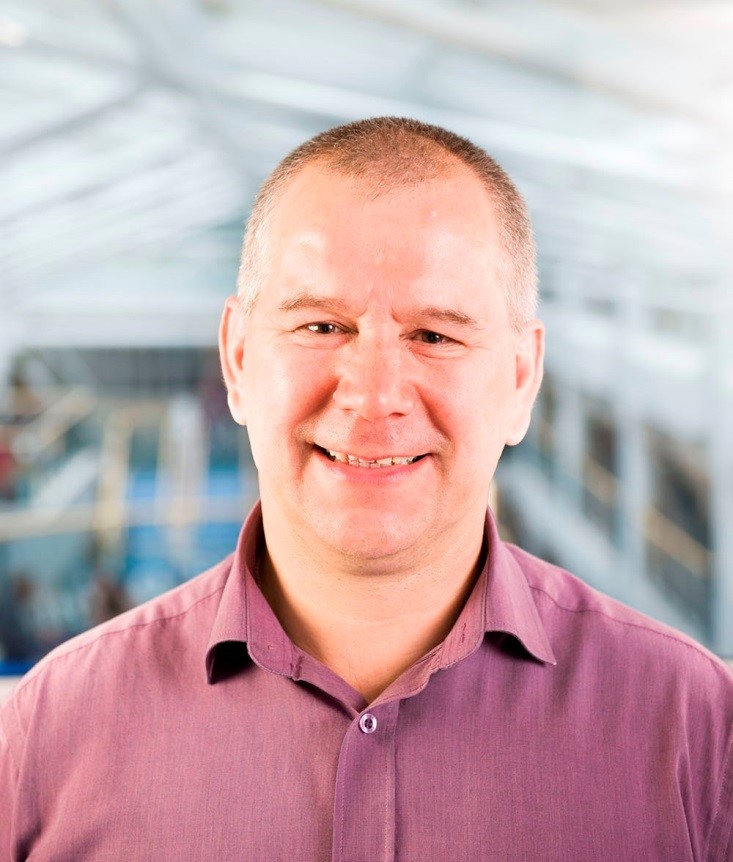
Professor Andy Alderson
Professor Andy Alderson is Director of the Industry and Innovation Research Institute, and Professor of Smart Materials and Structures at Sheffield Hallam University. He undertakes highly collaborative interdisciplinary advanced materials research at the academia/industry interface and is an internationally-leading authority on auxetic (negative Poisson’s ratio) and related mechanical metamaterials. Prior to joining Sheffield Hallam in 2013, Andy held senior positions in academia, worked in the Nuclear industry (BNFL), held Directorships with two companies, and has played leading roles with industry-facing collaborative research centres (NW Composites Centre), consortia and networks. He has served on numerous EPSRC panels (including panel chair), appeared on BBC TV and Radio, and had his work exhibited in the Science Museum (London). Awards include the Kenneth Harris James prize of the Aerospace Industries Divisional Board of the IMechE.

Antony Davies
Client Relationship Manager, Sheffield Innovation Programme
Antony has extensive experience in the fields of innovation, enterprise and growth support, having been a director and owner of innovation, technology transfer and business growth consultancies in the North of England for the last 20 years or so. He has a particular interest in innovation focused SMEs, as he now works to develop collaborative innovation partnerships between SHU and SMEs in the region through the Sheffield Innovation Programme.
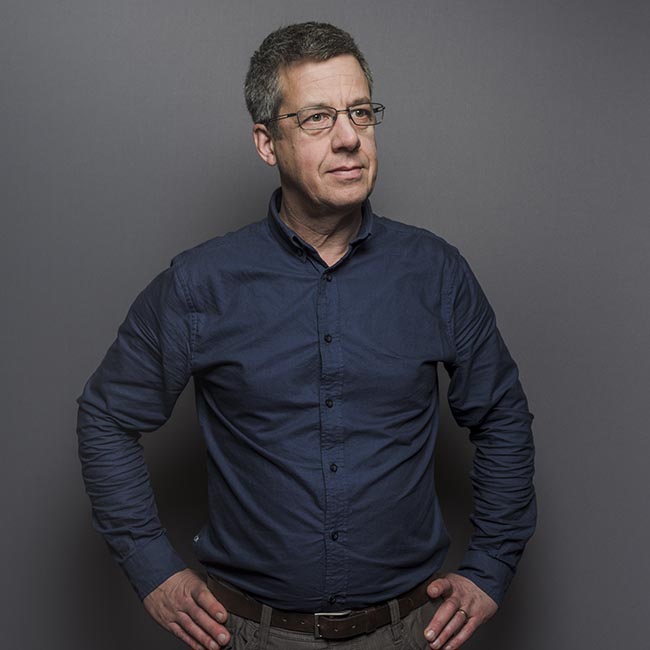
David Curtis
David is a principal research fellow in the Sports Engineering Research Group (SERG) in the Department of Sport & Physical Activity at SHU. He began working life as a technician apprentice at Rolls Royce in Bristol, and then went on to obtain a BEng Aeronautics and Astronautics from University of Southampton, and MSc Underwater Technology from University of Cranfield. This was followed by a period in the Oil & Gas Industry working first as an ROV pilot and then in a safety engineering role in offshore oil rig design. With 20 years as part of SERG he has developed and managed large academia-industry collaborative projects such as the Sports SET Network, the regional sports cluster initiative SportsPulse, and the EU funded ProFit FieldLab project. David is currently managing programme projects with Westfield Health, and the Sheffield Children’s Hospital Charity on behalf of the Advanced Wellbeing Research Centre. He has research interests in the dynamic performance of swung implements, focused mainly on cricket bats, conducted projects with Gunn & Moore, B3 Cricket, and with Decathlon (FLX). He also works on low-cost camera-based systems for pitch usage monitoring in outdoor public access spaces working with the Football Foundation, Timberplay, and Basketball England. He acts as a consultant to Clearcast Ltd to review technical claims on TV advertising, and teaches on the BSc Sport & Exercise Technology course and supervises MSc Sports Engineering student projects.
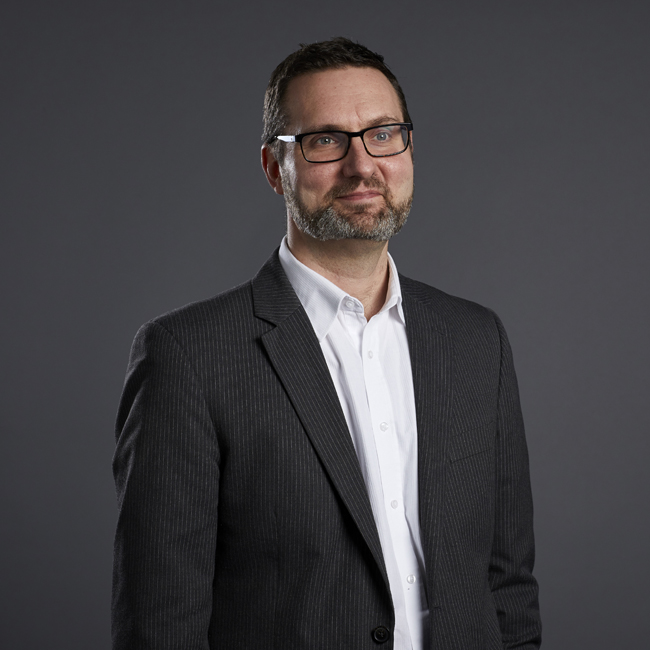
Alex Prince
Alex works at the interface between businesses and Sheffield Hallam University, leading the Innovation Services team within Sheffield Hallam’s Research and Innovation Services. The team supports a wide range of services, including Economic Development, Commercialisation and IP, Innovate UK applications and ERDF projects. The focus is to work with clients and academics to help them access the University’s expertise, experience and facilities, focussing on helping both sides to understand and collaborate with each other.

Lee Viney
Lee joined Innovate UK from Sheffield City Region Combined Authority and Local Enterprise Partnership following a career in public sector economic development. Lee’s experience has mainly been in early stage enterprise development, innovation and commercialisation, with cross policy links into skills, trade and investment and business finance.
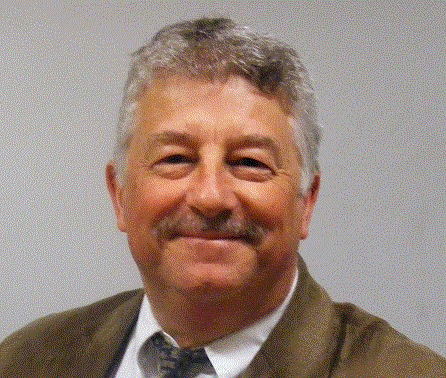
Professor Malcolm Ronald Clench BSc PhD
Malcolm Clench was born in Dartford, Kent, England in 1959. He studied Applied Chemistry for his first degree at Sheffield City Polytechnic between 1977 and 1981. It was during an “industrial placement” period arranged as part of this first degree that he fell in love with mass spectrometry. He worked as a Research Assistant for the late Prof Dereck Gordon of Manchester Metropolitan University and Prof Michael Barber at UMIST between 1982 and 1985 on a project entitled; “Strategies for Peptide and Protein Analysis by FAB Mass Spectrometry”. He was awarded a PhD for this work in 1988. After a period in the scientific instruments industry working for both Kratos (now Shimadzu) and VG (now Waters) he moved back to Sheffield to an academic appointment in 1990. He is currently Head of Research for the Biomolecular Sciences Research Centre/Department of Biosciences and Chemistry, Sheffield Hallam University.At Sheffield Hallam University Professor Clench has led the application of MALDI-MS imaging in the UK. He is Leader of the Imaging and MALDI Special Interest Group of the British Mass Spectrometry Society, a member of the Executive Board of the Mass Spectrometry Imaging Society and a member of the Executive Advisory Board for the journal “Proteomics”. He has published 137 papers on aspects of mass spectrometry and supervised 24 PhD students in the area. The major thrust of his research work over the last ten years has been the study of toxico- and pharmacodynamic responses in tissue models by MS imaging.

Yvonne Armitage
Yvonne Armitage is Director of the Biotechnology Business Unit at Centre for Process Innovation (CPI). CPI is a leading independent technology innovation centre and a founding partner of the High Value Manufacturing Catapult. CPI uses years of market sector expertise and state-of-the-art assets to drive forward innovation and reduce risks and costs associated with product and process development.Prior to joining CPI Yvonne worked as an Innovation Manager, focused on developing external connections and partnerships and supporting the academic staff of the Industry and Innovation Research Institute at Sheffield Hallam University, Yvonne also worked for several years leading industrial biotechnology and bioeconomy activities at the Knowledge Transfer Network, contributing to development and delivery of national strategies in bioeconomy and biotechnology. Yvonne spent 20 years in industry (Ciba, BASF, ISP) where held various research and management positions, developing biotechnology-based products and processes for various chemicals and sectors. Here she gained first-hand experience of taking bioprocesses from design to full scale production. Yvonne has a degree in chemistry and a PhD in microbiology and biochemistry. She is a member of a number of project, network, scientific and management boards at national and international level. She is a Fellow of the Royal Society of Biology where she Chairs the Employer Advisory Group and a Fellow of the Royal Society of Chemistry.

Dr Sally Fowler Davis
I work across the health, care sector and the University to develop and lead collaborative research proposals and anchor research activity within the health and care system. With a career spanning clinical practice as an allied health professional, strategic management in healthcare and a period in policy implementation, leading national improvement programmes, my interest is in implementing evidence-based changes across systems.My academic research experience is with action methods and implementation, understanding how interventions work and what is the acceptability and sustainability of (in particular) digitally enhanced healthcare. I work closely with the health system and have several honorary contracts in the NHS that enable me to drive organisational change, using research to engage and stimulate quality and cost improvements. I lead the Public Involvement in Research Group at the AWRC work with a range of local communities and within the AWRC am seeking to anchor research in population health and wellbeing.With a recent focus on how the North East and Yorkshire Region has sought to protect vulnerable populations and prevent long term chronic disability associated with Covid19, a number of studies have re-confirmed the importance of integrated care in communities and sought to reach into underserved communities. Population health initiatives based on ecological principles of health and wellbeing seek to ‘build back better’ working towards common goals of improvement in the health and quality of individual and community life.